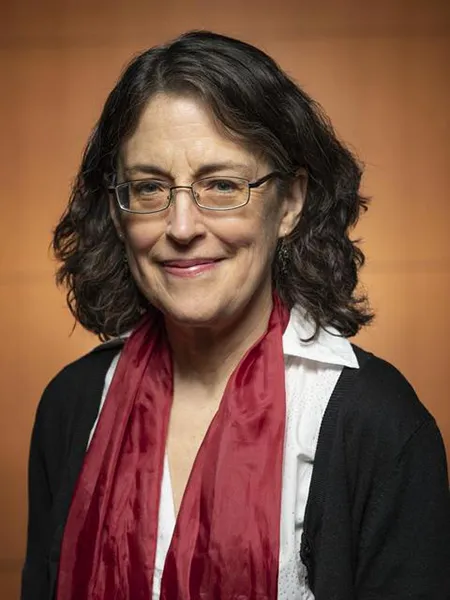
Tamara Whited
It’s been said that the truth often changes over time, but facts remain. When Tamara Whited, a professor in the Department of History, Philosophy, Political Science, and Religious Studies, first understood this, she found a career in which she chases the elusive historical truth. Learn more about her in this installment of Meet Our Faculty.
What is it about the field of history that initially drew you in—and ultimately keeps you interested?
The “aha” moment for me was finding out long ago that there was actually a method to getting close to historical truth—that by gathering and analyzing evidence under the lens of good questions, one might actually approach it, if never fully harness it. I found that pretty exciting.
Why do you enjoy teaching in this discipline?
Despite the tendency of that aforementioned “historical truth” to change, there is still a solidity to history, an intrinsic importance to conveying what people in the past did and thought. That allows me to put myself aside—paradoxically, since you are always a self in front of groups of students. It’s not about me, though; it’s about the material. I feel strongly about that.
What advice would you give students about how to succeed in college?
Without a space and time free of distractions, you won’t get far into learning. Once you have that, you can begin to confront your ignorance and move beyond it. You will make plenty of mistakes in college; embrace the hard knocks and the many rough drafts, for they are your best learning opportunities. Using those experiences, build your confidence in your capacity to learn. And think about what the philosopher Erasmus said: “The world is full of fools. Your education just may give you the tools to stay out of that group.”
Tell us something most of your students may not know about you.
I was partly raised by an immigrant grandmother, who came from the Basque country in Spain. There were three languages in our household, and I eventually married an immigrant myself. These human connections to other places and cultures have enriched me in ways that even my formal education can’t rival.